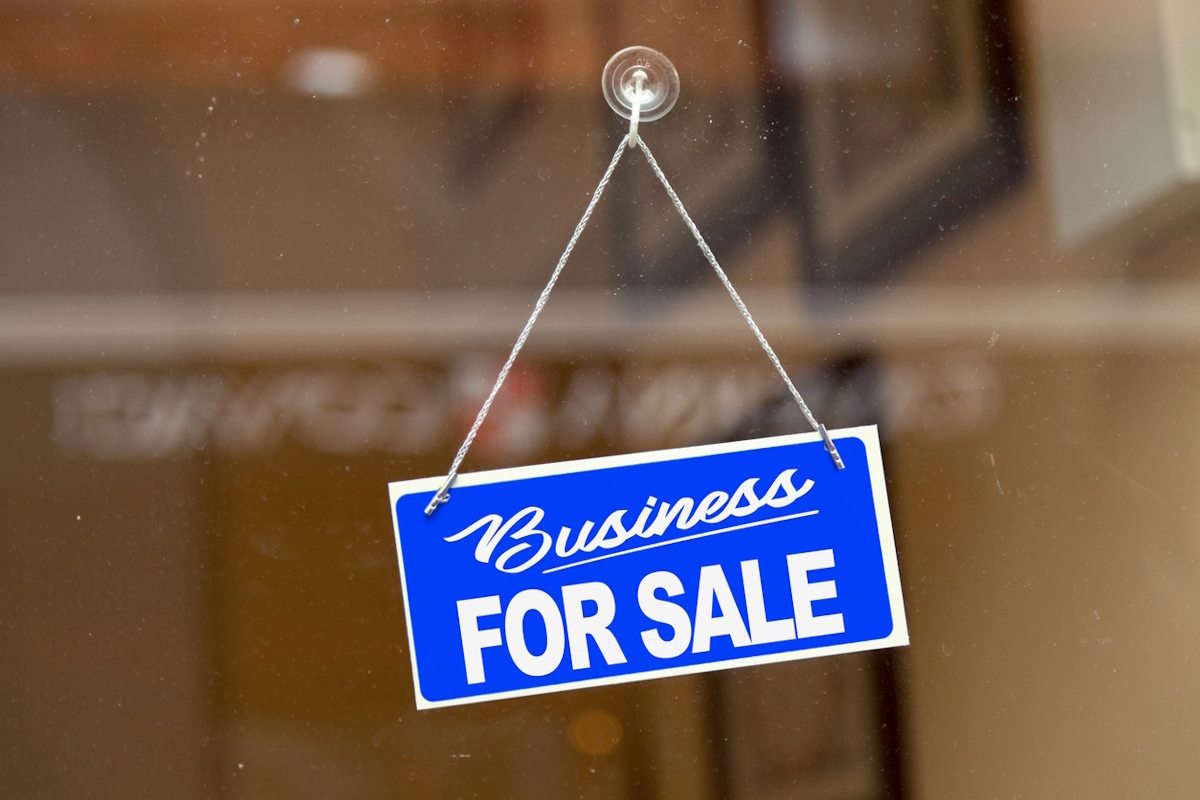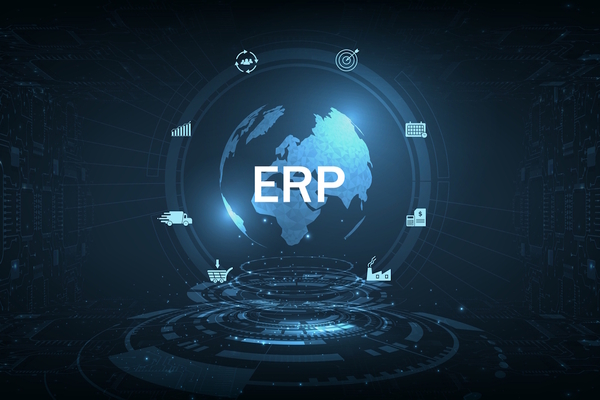Employee Ownership Trusts vs Capital Gains Tax

David Alcock at Anthony Collins asks whether employee ownership is the answer for SME business owners looking to sell their companies
Although not headline grabbing in the Chancellor’s speech itself, a raft of Employee Ownership (EO) reforms were set out as part of the UK government’s Autumn Budget announcement on 30 October 2024 . The new changes are set to make the rules more robust and protect the role of employee ownership trusts (EOTs). With increases to capital gains tax (CGT), the popularity of EOTs is likely to grow.
When it comes to CGT, some increases in the headline rates were widely expected and the Chancellor didn’t shy away from making some significant hikes – raising higher-rate capital gains tax to 24 per cent and the lower rate to 18 per cent, respectively. When it comes to business asset disposal relief, promises included the lifetime limit being kept at £1 million and maintaining 10 per cent rates this year, before rising to 14 per cent in April 2025, and to 18 per cent from 2026/27.
Although perhaps not as high as expected, the tax changes could tip the balance in towards EOTs as against alternative exit options.
When assessing succession plans, many owners seek to protect the independent nature of their businesses, the legacy that they have spent years creating, or are keen to ‘give back’ to the team that has supported the business during their tenure. Although financially the EO route is often considered to have a lower monetary gain for those exiting, the new tax change could level up the playing field.
Although the tax implications of selling a business could be seen as being more favourable to EO options, the reforms are more prescriptive and robust than ever before, meaning that those considering EO (and those advising on it) will need to work out what good practice now looks like now in light of the new changes. If EO is a viable and more tax-efficient option, good financial hygiene and business practices need to be implemented now in order to take advantage of what’s on offer.
Sale of a business to an EOT involves the creation of a trust over the shares, and therefore the setting up of a trustee to hold those shares on behalf of the employees in the business. In EOT sales up to now, the trustee is often set up late in the process, is not separately advised, and takes the deal “as seen”.
The Government has introduced a new obligation on trustees to ensure that the EOT does not pay more than market value for its shares. This will require a radical change in how EOT conversions are conducted, to enable the trustee body to set up earlier and to be satisfied on this point and so meet their new legal obligation. Selling owners will also have to disclose the number of employees, and the funds received for shares when they do their tax returns. This is all part of greater scrutiny by HMRC.
Establishing good practice for EOTs is high on the agenda, with a raft of alterations brought into play to make the rules easier to follow on one hand, but practices more transparent and clear on the other. These include no longer having to apply to HMRC for clearance for EOTs when it comes to distributions, and not mandating how the Board must be constituted.
With effect from 30 October 2024, the majority of the trustees of the EOT must consist of persons other than the former owners or people/companies connected to them for a disposal of an EOT to qualify for relief. It will also be impossible to give that de facto control via the trust deed. These restrictions will not apply to EOTs established before 30 October 2024, although EOTs wanting to avoid HMRC scrutiny might be well advised to implement changes now.
Location matters and the EOT trustee body can no longer be registered outside of the UK going forward in a bid to end the practice of ‘off shore’ trustees and to improve transparency. However, more flexibility in how bonuses are paid has been provided. EO businesses will be able to pay tax-free bonuses to employees without needing to pay directors as well. However, the Government has not afforded the same reliefs to co-operatives, despite suggestions from some quarters that it should.
The period that vendors of shares can be responsible for any ‘tax clawback’ has been extended to the end of the fourth year following disposal. This is a significant extension. Currently, once the first full tax year after conversion is out of the way, any subsequent breach of the tax legislation becomes an issue for the holding trustee (not the seller). This new extended period will force selling owners to take a longer view than currently, and hopefully reduce any instances of sellers forcing sales through for short term benefits and not looking after the future of the business.
With over two thirds of SMEs intending to sell or divest their shareholding over the next 10 years according to the Employee Ownership Association, these new changes further strengthen EO as a viable alternative.
The changes outlined are intended to ensure that the reliefs remain focused on the policy objectives of rewarding employees and encouraging employee engagement. Providing business owners with a succession option which is both robust and attractive, that supports employees in the process, should do just that.
David Alcock, is a partner in the social business team and an employee ownership expert at Anthony Collins.
Main image courtesy of iStockPhoto.com and Gwengoat

Business Reporter Team
Most Viewed
Winston House, 3rd Floor, Units 306-309, 2-4 Dollis Park, London, N3 1HF
23-29 Hendon Lane, London, N3 1RT
020 8349 4363
© 2025, Lyonsdown Limited. Business Reporter® is a registered trademark of Lyonsdown Ltd. VAT registration number: 830519543





